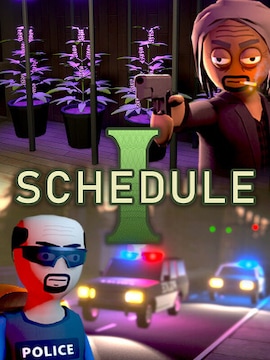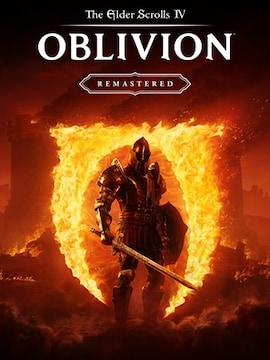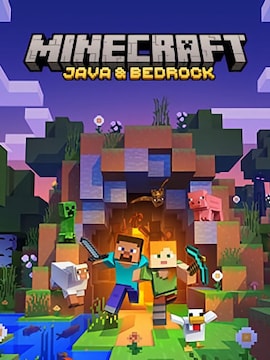The “Dota, but it’s a card game” developed by Valve just released, but it seems it’s destined to faceplant right after leaving the starting line.
The game was always a risky proposition in a landscape dominated by free-to-play digital card games (<cough> Hearthstone <cough>), being, well, not free-to-play. But what raised even more suspicion was the fact that after buying the basic game, you don’t actually get all the cards, you get a fraction of them and reportedly, gathering the entirety of the collection will set you back some $300.
The hurdle of paying initial fee to pay more for cards seems to be an insurmountably obstacle to players, even though, unlike in most similar games, in Artifact you can actually sell your cards for real money and get the value back. I have to note here that getting a full collection in MtG: Arena or Hearthstone would cost much, much more than that and there would be absolutely no way to get that money back.
So I have to stress that while Artifact appears to be costlier than other games of this type, that seems to be only appearance. But be that as it may, the cards you get by buying the basic game don’t seem to be able to make your decks competitive, which is everything people were worried about. And this caused massive review bombing of Artifact, which now sits looking at mixed reviews. The prevailing sentiment is the feeling of being cheated.
One wonders where things will go from here. Artifact was an ambitious and interesting project: a digital cards game with an actual economy running on free market rules. But it seems it will take time for gamers to get used to those rules, if they ever get used to them at all. The tragedy of being a pioneer is that you don’t necessarily get to be successful, just the first to do something.




